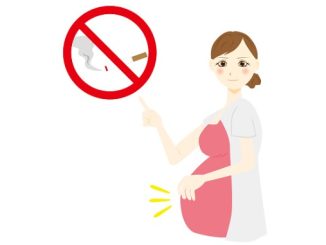As reported by NHE, The World Health Organisation introduces its first clinical treatment guidelines to help adults quit smoking with enhanced support and medications
Among other things, the WHO clinical treatment guideline for tobacco cessation in adults recommends more intensive behavioural support from healthcare providers, digital interventions, as well as varenicline, nicotine replacement therapy, bupropion and cytisine as pharmacological options to help people quit tobacco.
Behavioural interventions range from brief counselling for up to three minutes being delivered routinely by healthcare providers to more intensive individual, group or phone counselling for interested users.
Digital interventions like text messages, apps and internet programmes can supplement core activities.
“This guideline marks a crucial milestone in our global battle against these dangerous products,” said Dr Tedros Adhanom Ghebreyesus, WHO director-general.
“It empowers countries with the essential tools to effectively support individuals in quitting tobacco and alleviate the global burden of tobacco-related diseases.”
WHO is encouraging providers, policymakers and other stakeholders to adopt and implement the guideline.
WHO’s health promotion director, Dr Rüdiger Krech, said: ”These guidelines are designed to help communities and governments provide the best possible support and assistance for those on this challenging journey.”
The guideline centres around supporting the more-than 750 million tobacco users who want to quit, which is over 60% of the world’s 1.25 billion tobacco using population.
“The immense struggle that people face when trying to quit smoking cannot be overstated,” added Dr Krech. “We need to deeply appreciate the strength it takes and the suffering endured by individuals and their loved ones to overcome this addiction.”
The UK’s landmark Tobacco and Vapes Bill — which will see anyone born in 2009 and onwards banned from legally purchasing tobacco products — has been delayed by the general election and is still making its way through the House of Commons.
The bill was introduced into parliament in March before MPs voted on it in mid-April. It is expected to save the NHS billions.



Be the first to comment